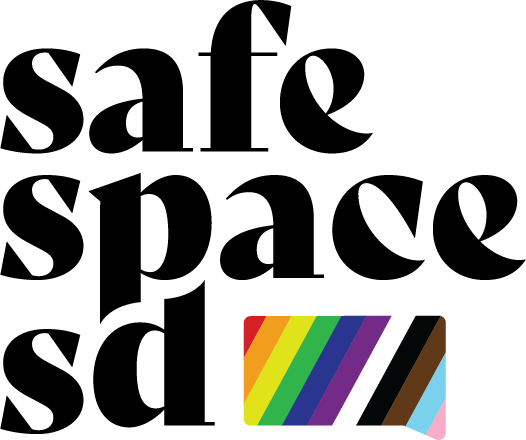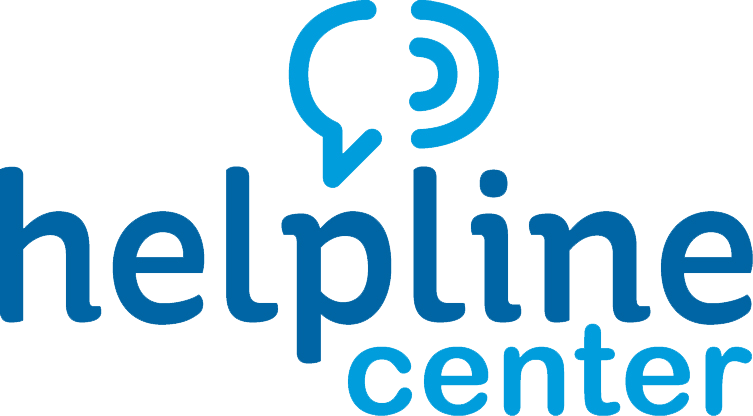Substance Use and Mental Health
When you have both a substance abuse problem and a mental health issue such as depression, bipolar disorder, or anxiety, it is called a co-occurring disorder or dual diagnosis. Dealing with substance abuse, alcoholism, or drug addiction is never easy, and it’s even more difficult when you’re also struggling with mental health problems as well.
In co-occurring disorders, both the mental health issue and the drug or alcohol addiction have their own unique symptoms that may get in the way of your ability to function at work or school, maintain a stable home life, handle life’s difficulties, and relate to others. It affects our “live, laugh, love.” To make the situation more complicated, the co-occurring disorders also affect each other. When a mental health problem goes untreated, the substance abuse problem usually gets worse. And when alcohol or drug abuse increases, mental health problems usually increase too.
Co-occurring substance abuse problems and mental health issues are more common than many people realize. According to reports published in the Journal of the American Medical Association:
- Roughly 50 percent of individuals with severe mental disorders are affected by substance abuse.
- 37 percent of alcohol abusers and 53 percent of drug abusers also have at least one serious mental illness.
- Of all people diagnosed as mentally ill, 29 percent abuse alcohol or drugs.
While substance abuse problems and mental health issues don’t get better when they’re ignored—in fact, they are likely to get much worse—it’s important to know that you don’t have to feel this way. With the right support, self-help, and treatment, you can overcome a co-occurring disorder, reclaim your sense of self, and get your life back on track.
What comes first: substance abuse or the mental health problem?
Substance abuse and mental health disorders such as depression and anxiety are closely linked, although one doesn’t necessarily directly cause the other. Abusing substances such as marijuana or methamphetamine can cause prolonged psychotic reactions, while alcohol can make depression and anxiety symptoms worse.
Determining whether you have a dual diagnosis:
- Do you use alcohol or drugs to cope with unpleasant memories or feelings, to control pain or the intensity of your moods, to face situations that frighten you, or to stay focused on tasks?
- Have you noticed a relationship between your substance use and your mental health? For example, do you get depressed when you drink? Or drink when you’re feeling anxious or plagued by unpleasant memories?
- Has someone in your family grappled with either a mental disorder or alcohol or drug abuse?
- Do you feel depressed, anxious, or otherwise out of balance even when you’re sober?
- Have you previously been treated for either your addiction or your mental health problem? Did the substance abuse treatment fail because of complications from your mental health issue or vice versa?
Treatment for your mental health problem may include medication, individual or group counseling, self-help measures, lifestyle changes, and peer support.
Treatment for your substance abuse may include detoxification, managing of withdrawal symptoms, behavioral therapy, and support groups to help maintain your sobriety.
Depending on your specific issues, the best treatment for co-occurring disorders is an integrated approach, where both the substance abuse problem and the mental disorder are treated simultaneously. Whether your mental health or substance abuse problem came first, long-term recovery depends on getting treatment for both disorders by the same treatment provider or team.

